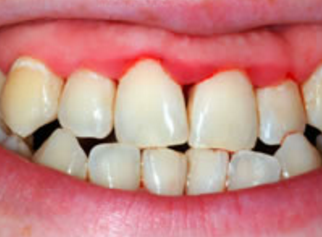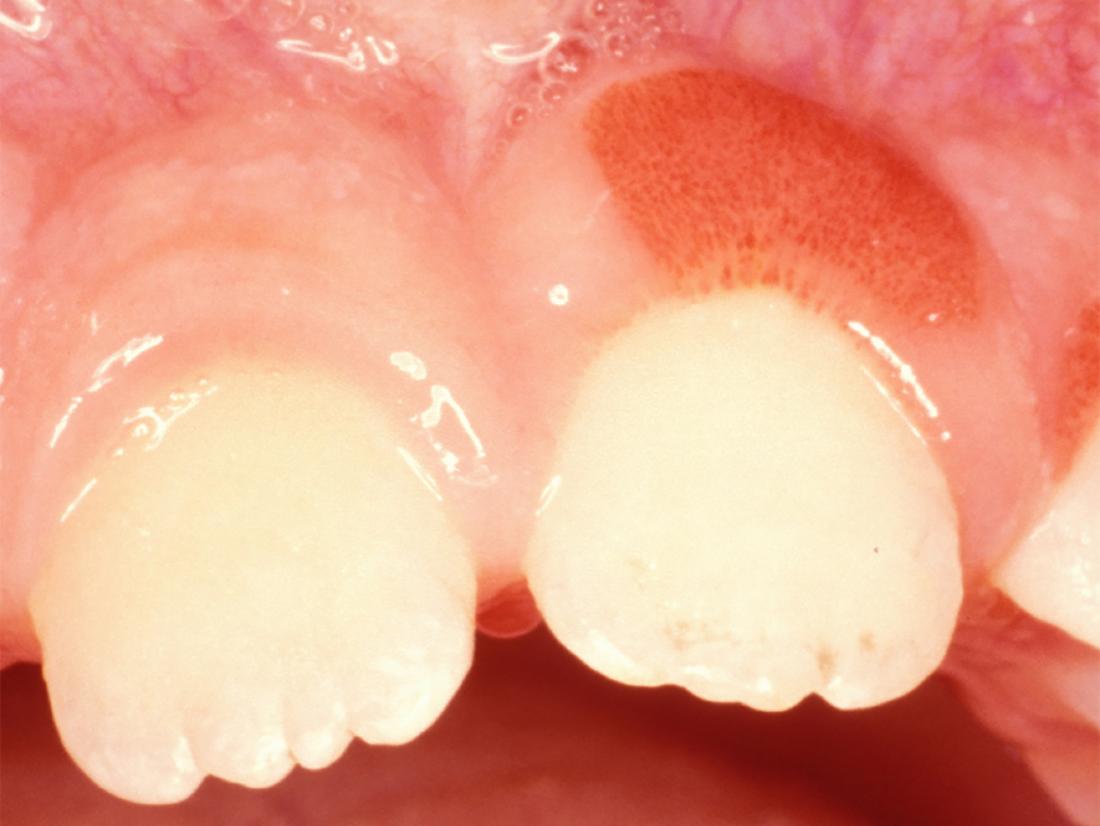

Your mouth is full of bacteria that combine with saliva to form a sticky film known as plaque, which builds up on your teeth. Poor oral hygiene, such as not brushing your teeth properly or regularly, can cause plaque to build up on your teeth. Gum disease can be caused by a number of factors, but poor oral hygiene is the most common cause. If you don't currently have a dentist, search for a dentist near you. You should make an appointment to see your dentist if you think you may have gum disease or ANUG. The symptoms of ANUG are usually more severe than those of gum disease and can include: In rare cases, a condition called acute necrotising ulcerative gingivitis (ANUG) can develop suddenly.
#Teeth translucent pain gums swollen how to#
They'll also be able to show you how to clean your teeth effectively to help prevent plaque building up in the future. In most cases, your dentist or dental hygienist will be able to give your teeth a thorough clean and remove any hardened plaque (tartar). You should also make sure you attend regular dental check-ups. This includes brushing your teeth at least twice a day and flossing regularly. Mild cases of gum disease can usually be treated by maintaining a good level of oral hygiene. In some cases, a number of X-rays may be needed to check the condition of your teeth and jaw bone. Your dentist can carry out a thorough dental examination to check the health of your gums, which may involve inserting a thin metal stick with a bend in one end (periodontal probe) beside your teeth. You should make an appointment to see your dentist if your gums are painful, swollen or if they bleed when you brush your teeth. Read more about the causes of gum disease. This can lead to redness with bleeding, swelling and soreness. If you don't remove plaque from your teeth by brushing them, it builds up and irritates your gums. Some bacteria in plaque are harmless, but some are harmful for the health of your gums. Plaque is a sticky substance that contains bacteria. Gum disease is caused by a build-up of plaque on the teeth.

Read more about the symptoms of gum disease. If periodontitis isn't treated, the bone in your jaw may be damaged and small spaces can open up between the gum and teeth. Your teeth can become loose and may eventually fall out. This affects more tissues that support teeth and hold them in place. If gingivitis isn't treated, a condition called periodontitis can develop. This early stage of gum disease is known as gingivitis. If you have gum disease, your gums may bleed when you brush your teeth and you may have bad breath.

Most adults in the UK have gum disease to some degree and most people experience it at least once. Gum disease is a very common condition where the gums become swollen, sore or infected.


 0 kommentar(er)
0 kommentar(er)
